Is Leaf Litter Good or Bad? I'm Confused . . .
ponderinstuff
16 years ago
Related Stories
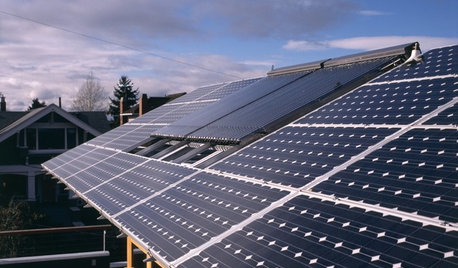
GREEN BUILDINGLet’s Clear Up Some Confusion About Solar Panels
Different panel types do different things. If you want solar energy for your home, get the basics here first
Full Story
GARDENING AND LANDSCAPINGBid Bad Garden Bugs Goodbye and Usher In the Good
Give ants their marching orders and send mosquitoes moseying, while creating a garden that draws pollinators and helpful eaters
Full Story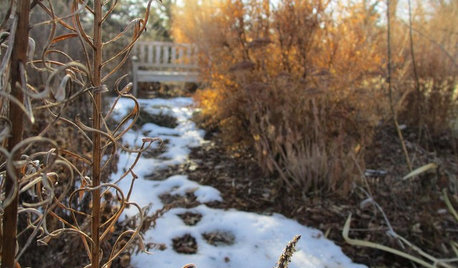
WINTER GARDENING6 Reasons I’m Not Looking Forward to Spring
Not kicking up your heels anticipating rushes of spring color and garden catalogs? You’re not alone
Full Story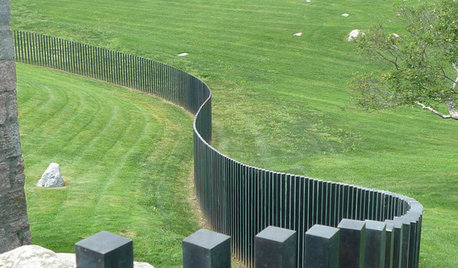
LANDSCAPE DESIGNGood Fences, Good Neighbors — and Good Views
See-through vertical fencing connects a yard with its surroundings while keeping children and pets safely inside
Full Story
DECORATING GUIDESA Glimmer of Gold Leaf Will Make Your Room Shine
Make a unique, unexpected statement in any space with this precious metallic finish
Full Story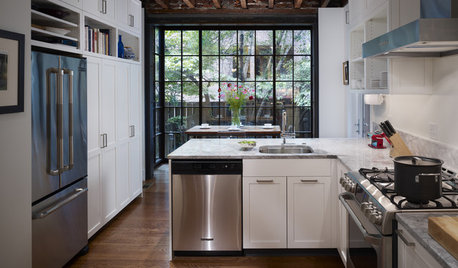
FEEL-GOOD HOME12 Very Useful Things I've Learned From Designers
These simple ideas can make life at home more efficient and enjoyable
Full Story
GARDENING FOR BUTTERFLIESGardening for the Bees, and Why It’s a Good Thing
When you discover how hard bees work for our food supply, you may never garden without them in mind again
Full Story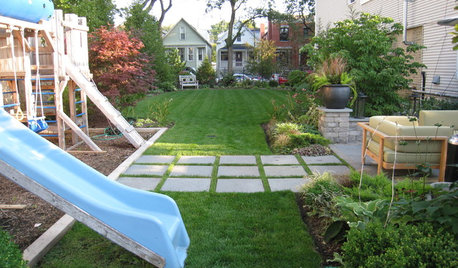
LIFE6 Tips for Teaching Your Kids to Be Good Neighbors
Everyone wins when your children learn to respect boundaries, get help when they need it and show others they care
Full Story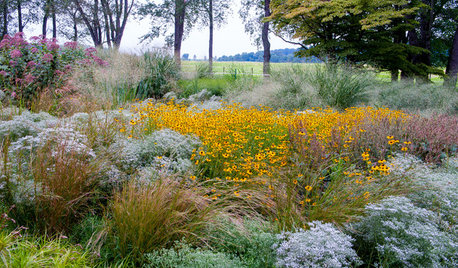
GARDENING GUIDESThe Surprising Ingredients Every Good Garden Should Have
See what to do — and not do — for lasting rewards in your landscape
Full Story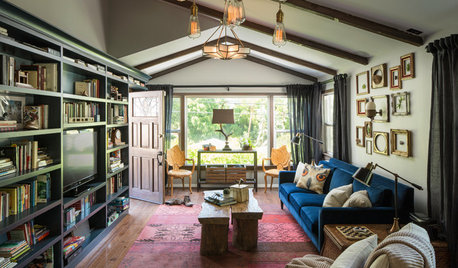
ECLECTIC HOMESHouzz Tour: Good Vibes for a Hollywood Couple in Laurel Canyon
Actor Ian Harding and artist Sophia Hart’s personalities shine in a house nestled in the trees
Full Story






jbann23
val_s
Related Professionals
Erie Landscape Architects & Landscape Designers · Lakewood Landscape Architects & Landscape Designers · Brooklyn Center Landscape Architects & Landscape Designers · Goodyear Landscape Contractors · Gurnee Landscape Contractors · Harvey Landscape Contractors · San Bruno Landscape Contractors · Stallings Landscape Contractors · Wethersfield Landscape Contractors · San Pablo Landscape Contractors · York Decks, Patios & Outdoor Enclosures · Des Moines Decks, Patios & Outdoor Enclosures · Fresno Decks, Patios & Outdoor Enclosures · High Point Decks, Patios & Outdoor Enclosures · South Houston Decks, Patios & Outdoor Enclosuresdigdirt2
yardenman
Kimmsr
rdak
cobalt_blue
pablo_nh
ponderinstuffOriginal Author
pablo_nh
flowerbrackob
digdirt2
buffburd
swimjim
ponderinstuffOriginal Author
grayentropy